Source: pixabay.com
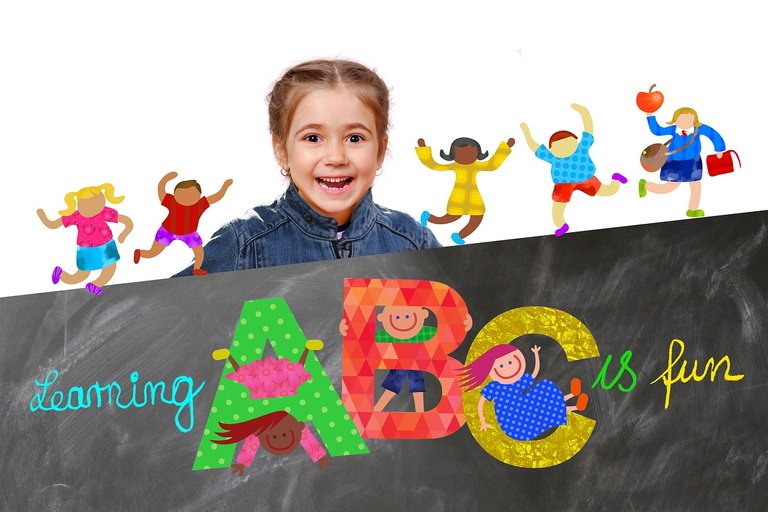
In this article I am going to focus on strategies for the acquisition of the words that make up the language and that the child should acquire (when he/she does not present any neuronal alteration that prevents him/her from doing so). There are a variety of strategies that we can use at home that are very easy:
Labels:
Source: pixabay.com
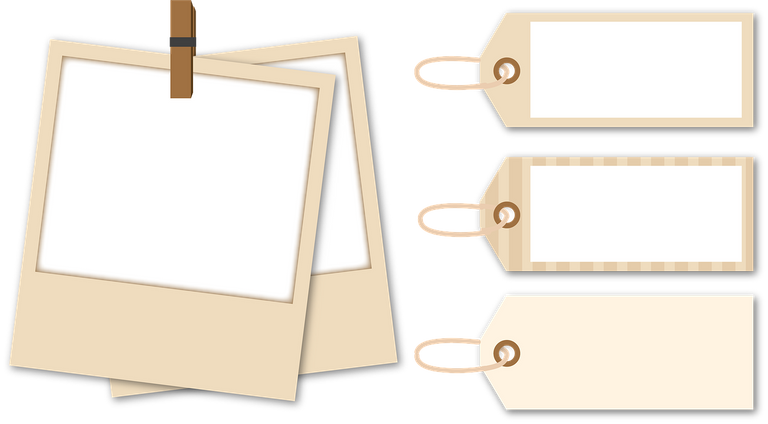
Putting labels on all the things that make up the objects we have at home and that are part of the daily tasks in the child's life helps us to visually fix the information of the spelling of the word that defines the object and then its meaning at a semantic level. Every time the child is going to take an object or simply see it, he will read the label if we are with him, we will say the word out loud pointing to the label. For example: When we are in the kitchen and require some food from the refrigerator, before opening the door we read the label pointing to "refrigerator". And we can do the same with everything else. This strategy is also useful for learning other languages.
Describe what you see:
Source: pixabay.com
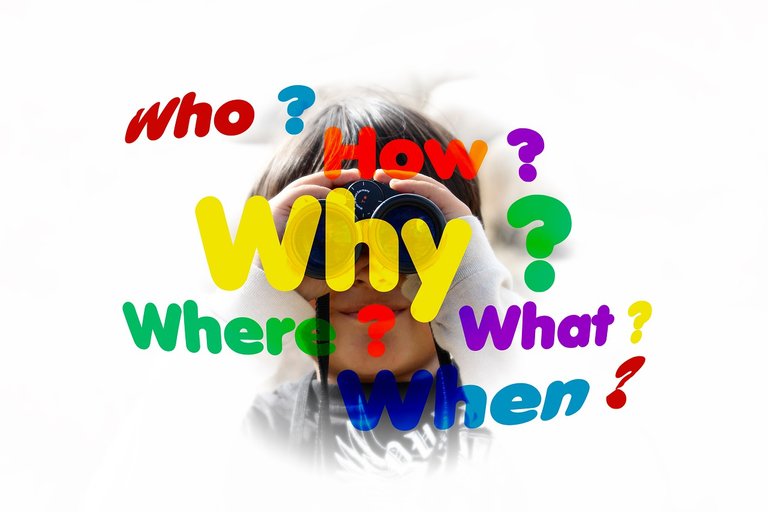
When we are with the children we often limit ourselves to telling them what the objects are and we do not go a little further by elaborating descriptions which will serve not only to make their vocabulary grow but also to help the child learn how to structure discourse and the correct way to describe the situations that happen to them. In this activity, we ask the child to describe something that is happening and we guide the description by adding to his speech the words that refer to those objects or events that he is unable to describe. For example: Dad is fixing the garden, we are going to describe what dad is doing in the garden. We will ask the child to describe what his father is doing in the garden, and as adults we will incorporate words but also correct the sequential way in which the child describes the facts, remembering that there is a beginning, a development and a closing in every discourse.
A new word every day:
Source: pixabay.com
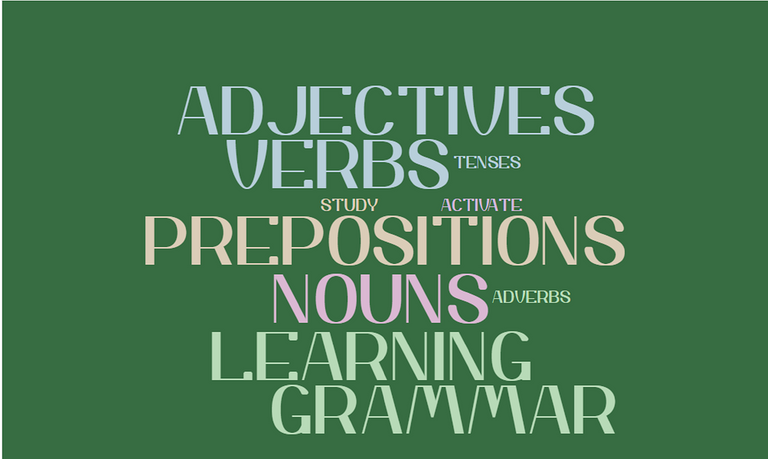
When I was very little I had a teacher who would challenge us to learn a new word every day and copy it in a notebook just for that. At the end of the school year we had created our own dictionary and that was very exciting for us, because she allowed us to draw pictures with the word and what she inspired us or to create a little poem if that was what we wanted. This way we were building a glossary of terms that without realizing it made our vocabulary grow. This strategy is ideal with our children and youngsters at home because it allows them to create and learn the language from discovery and their own interests.
News summary:
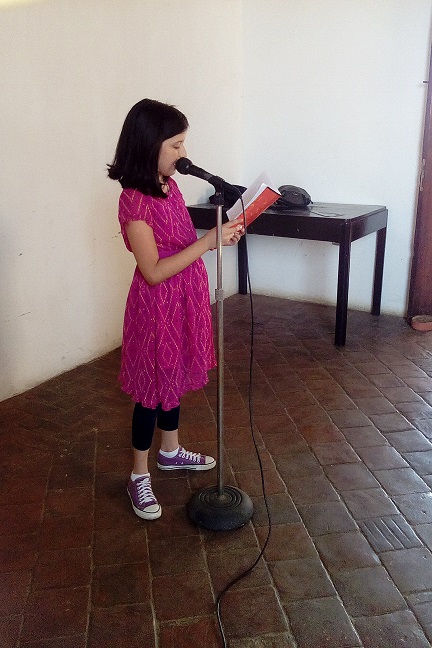
Source: @emimoron
With the children we can select positive news that are related to the environment, pet care, technological advances, video games or topics that are of interest to them and ask them to make a written summary at the end of the week of the news that they have seen and that have caught their attention, this will allow them to develop not only their vocabulary but also to learn writing and spelling. We as parents should listen carefully to that summary, read it with them and improve what we should improve so they can see their successes and mistakes.
Source: pixabay.com
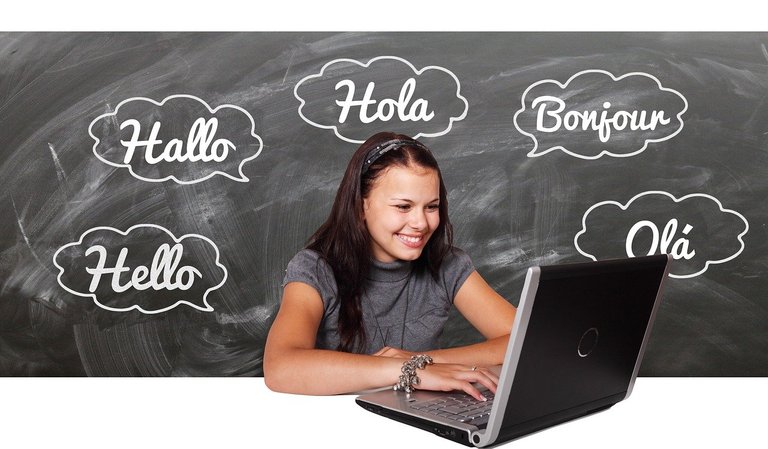
In all these activities there is something very important my dear parents and homeschooling agents and is the willingness to guide the learning of our children, develop language and especially learn with them, I know well that not all of us like to talk a lot or maybe we are of few words but if we want our children to achieve good communication skills we must support their learning in the area of language.

Great ideas and techiques! I would add to the list BOOKS, POEMS and READING to the child.
We also need to associate images with the words we say every time we can, but this is kind of what you already said about labels.
Oh, this is going to be helpful with my son. And since my son is about to experience face-to-face school in under a month I will try these strategies with him. Good evening!
No one could have written it better...great job @emimoron ...am guessing you're really experience with kids plus your childhood memories of learning new words everyday...I use to do same way. Backthen.....